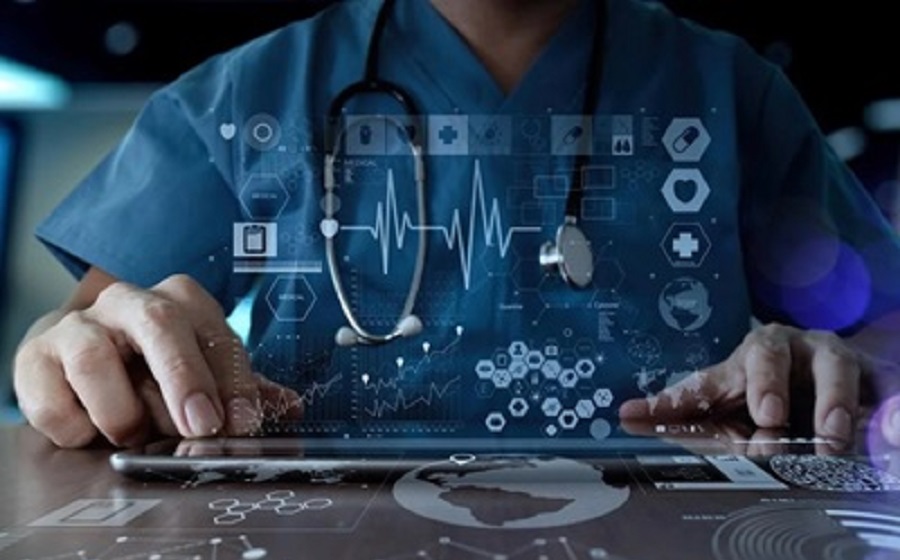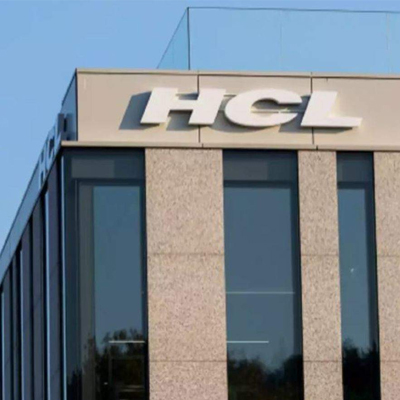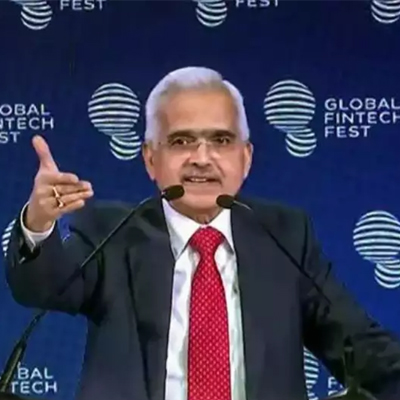The Role of Emerging Technologies in Healthcare

Amidst the shifting currents of healthcare IT, a subtle revolution quietly unfolds—a quest not just for innovation but for meaningful change. Driven by a genuine desire for improved outcomes, better quality, accessibility, and cost-effectiveness, the industry advances steadily. The focus now turns towards integrating technology not only for specialised treatments but as a reliable ally in preventive and primary care. Witness the rise of wearable devices, poised to gather crucial patient data from afar.
Glimpsing into the future, a range of both existing and emerging technologies emerges as drivers of transformation in healthcare. Virtual reality, augmented reality, wearables, the nuanced application of machine learning, and the growing role of artificial intelligence stand ready to shape a new era of healthcare delivery. In this ever-evolving landscape, where the pace of technological innovation is unyielding, the trends in Healthcare IT subtly shift, revealing new paths to explore.
Telehealth: Revolutionising Healthcare Delivery and Clinical Trials
In recent years, telehealth has emerged as a formidable ally, particularly in bolstering urgent care facilities. Through its remote monitoring and care capabilities, telehealth stands as a beacon of hope, facilitating the treatment of numerous patients during critical moments.
In 2019, the telemedicine market in India witnessed substantial growth, with its size reaching nearly 830 million U.S. dollars. This marked a notable escalation from the preceding year when the market size stood at US$647 million. Over the past decade, India has witnessed a steady ascent in the telemedicine sector, reflecting a gradual increase in its market size. Projections indicate a promising trajectory, with the market poised to expand at a compound annual growth rate (CAGR) of 31% from 2020 to 2025.
Amidst the COVID-19 pandemic, India witnessed a significant shift towards remote healthcare solutions, particularly in telemedicine. This adoption extended across various domains, including teleconsultation, teleradiology, telepathology, and e-pharmacy services, enhancing accessibility and efficiency. Telehealth also emerged as a crucial tool in clinical trials, facilitating remote data collection and patient engagement. The integration of health apps and software further streamlined communication and data management, highlighting the growing importance of telehealth in modern healthcare practices.
The Convergence of Data Science and IoMT
The fusion of data science and the Internet of Medical Things (IoMT) heralds a profound transformation in healthcare. Reports and Data forecast a meteoric rise in the healthcare predictive analytics market, catapulting from US$7.88 billion in 2021 to a staggering US$69.63 billion by 2029. Yet, amidst this data deluge, managing and deciphering the copious volumes generated by patients grappling with chronic ailments poses a formidable challenge. Enterprising strides in data science and predictive analytics, however, furnish clinicians with unprecedented insights into patients' maladies, delving deep into their lineage, and familial health history, and facilitating precise risk assessment and diagnosis.
The global IoMT Market is set to reach US$142.45 billion by 2026, with a CAGR of 28.9%, driven by rising chronic diseases. Enterprising innovations, such as smart robot nurses deployed in Italian healthcare bastions, stand as beacons of progress. These mechanical caretakers vigilantly monitor vital signs, such as blood pressure and SpO2 levels, a crucial intervention amidst the crucible of the COVID-19 pandemic. With IoMT poised to be a linchpin in augmenting healthcare outcomes, streamlining operational efficiency, and curbing expenditure, its ascension as a cornerstone technology in the healthcare landscape seems inevitable.
Leveraging AI in Healthcare
As a trailblazer in technological innovation, the healthcare sector stands as a formidable vanguard in embracing Artificial Intelligence (AI), asserting its position as a frontrunner among diverse industries. The trajectory ahead portends a continued symbiosis between AI and healthcare, promising a myriad of benefits for medical professionals.
The India AI in Healthcare Market, valued at US$10 billion in 2023, is projected to reach approximately US$35 billion by 2032, with a compound annual growth rate (CAGR) of around 30% from 2022 to 2030, as per the study.
The rise of generative AI is reshaping healthcare, and accelerating its integration into various domains. Innovative AI tools, such as those unveiled by a leading search engine, streamline pre-authorization processes, enhancing efficiency for health plan administrators and providers. Leveraging patient data and diagnostic insights, these AI-powered solutions expedite prior authorisation requests.
AI-powered chatbots are emerging as a transformative trend in digital health. Utilizing advanced algorithms and vast datasets, these chatbots swiftly diagnose health issues and provide remote medical guidance. Operating 24/7, they offer immediate assistance to patients, revolutionizing healthcare accessibility and quality, and paving the way for a future where healthcare guidance is readily available anytime, anywhere.
Empowering Healthcare Through Remote Patient Monitoring (RPM)
In healthcare technology, hands-free communication emerges as a burgeoning trend, poised for further expansion. The onset of the pandemic has underscored the critical importance of remote monitoring in extending care to patients unable to attend traditional in-person medical appointments.
Remote patient monitoring (RPM) stands at the forefront of this technological revolution, empowering healthcare providers to remotely oversee patients' conditions. Particularly invaluable for the elderly and individuals with chronic illnesses requiring continuous monitoring, RPM bridges the gap between healthcare professionals and patients, ensuring uninterrupted care.
In 2023, the global remote patient monitoring system market was valued at approximately US$5.2 billion. Forecasts indicate a robust compound annual growth rate (CAGR) of 18.6% from 2024 to 2030. This trajectory not only signifies a lucrative market opportunity but also holds immense potential in fostering health equity amidst the ongoing paradigm shift towards remote healthcare delivery.
Navigating Cybersecurity and Data Protection in the Digital Age
Cybersecurity and data protection stand as paramount concerns, given the sensitivity of patient records and the incessant targeting of healthcare organisations by cyber attackers. While traditional data protection regulations have been instrumental, they are no longer sufficient in thwarting sophisticated cyber threats, as evidenced by the evolving landscape.
A 2020 Healthcare Cybersecurity Report reveals a staggering statistic: nearly 93% of healthcare organisations have fallen victim to data breaches within the past three years. What's more alarming is that 57% of these organisations have endured more than five data breaches during this timeframe.
To fortify against cyber breaches, healthcare organizations must adopt advanced technologies like blockchain-based solutions and comprehensive cybersecurity practices. These investments ensure the integrity and confidentiality of patient data, safeguarding against unauthorised access and malicious activities.
Data security is essential for future-proofing healthcare systems. Implementing robust safeguards enables organizations to shield patient data from cyber threats and maintain trust in their services.
Furthermore, integrating emerging technology trends in Healthcare IT enhances patient outcomes and reduces healthcare costs. Empowering organizations and providers with operational agility, these trends elevate the quality of care delivered. Staying updated with the latest Healthcare IT trends is crucial for optimising operations and providing unparalleled care to patients as the healthcare industry evolves.
Navigating the Future: Emerging Technologies in Healthcare
Emerging technologies play a pivotal role in reshaping the industry's future. Embracing advanced technologies and comprehensive cybersecurity measures enables healthcare providers to navigate these challenges and realise the full potential of digital transformation in healthcare.
As the industry continues its evolutionary journey, staying abreast of emerging trends and leveraging innovative solutions will be essential to delivering unparalleled care and driving positive outcomes for patients worldwide.
.jpg)
.jpg)
.jpg)
.jpg)



